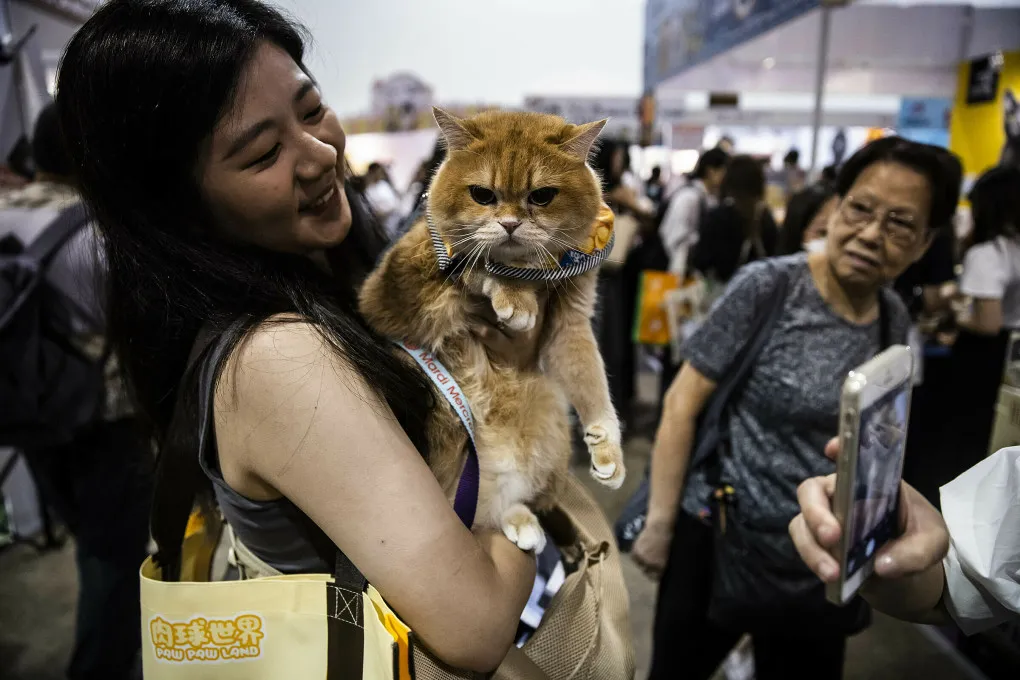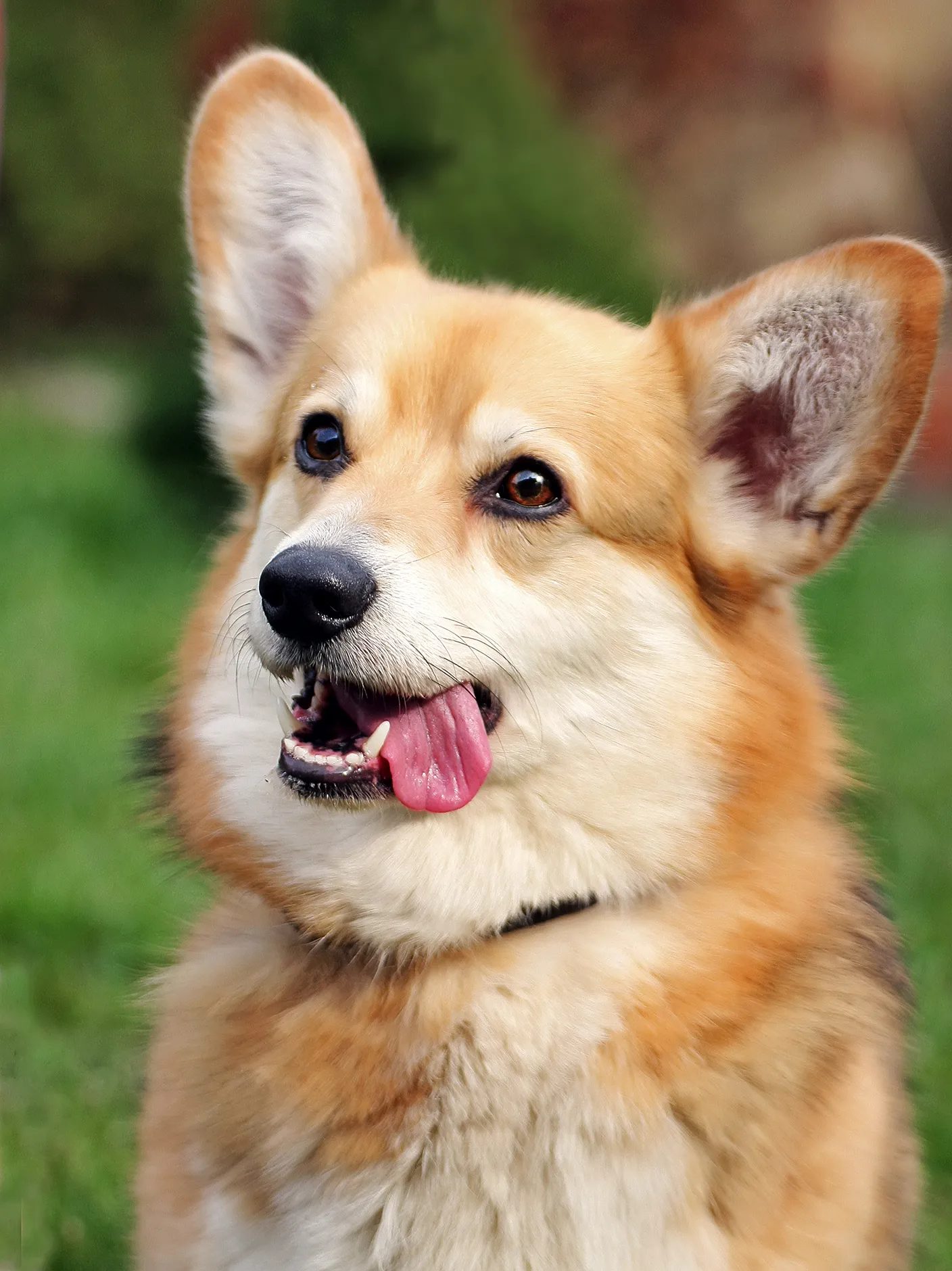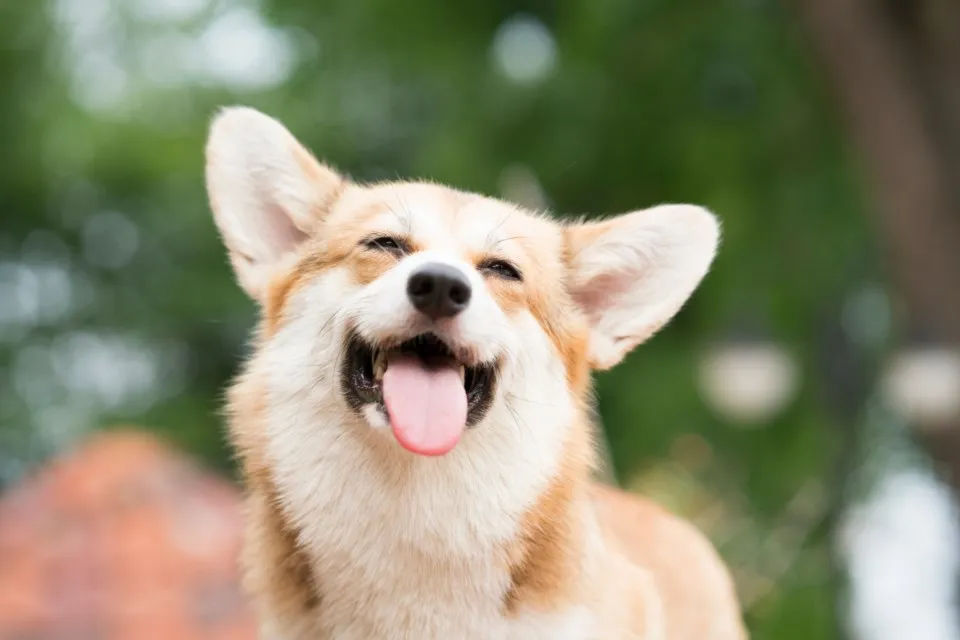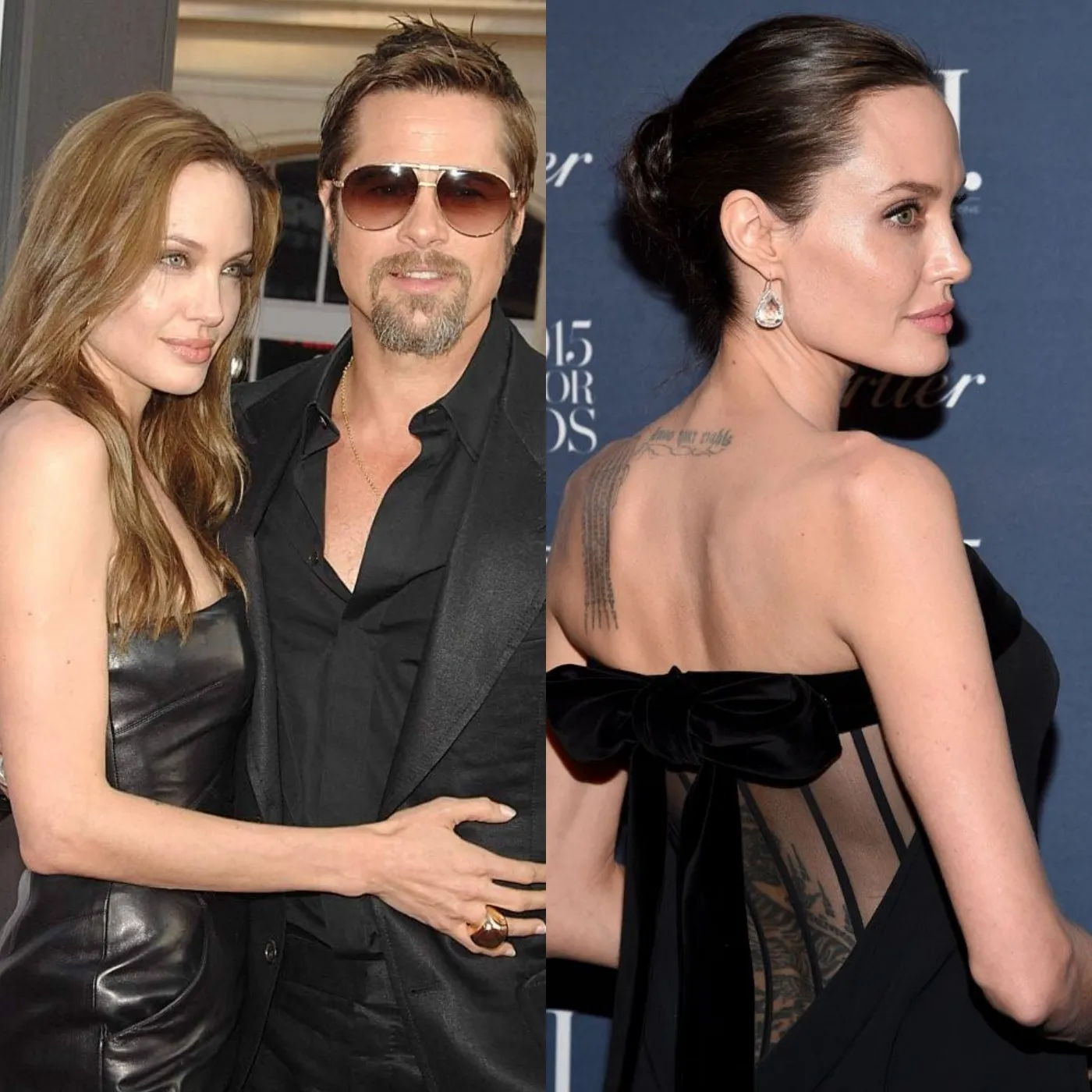The pet care market is booming in Hong Kong
The pet care market is booming in Hong Kong
In Hong Kong, pets are increasingly treated like family, leading to a booming pet care market. People are investing significantly in the health and well-being of their pets, driving the market’s explosive growth.
Businesses in Hong Kong are racing to create innovative pet food products. Joe Sun, Marketing Director of Favor, revealed that the company offers up to 70 types of processed pet foods, including sauces, soups and essences developed by Chinese veterinary experts. This shift reflects the traditional Chinese approach to maintaining health through herbal treatments, targeting products for older pets or those with health problems. Strong.
“We have expanded beyond beef, chicken and fish to include lamb, venison, ostrich, quail and frog,” Sun explains. The company’s best-selling product is crocodile soup with cough herbs, which is said to help treat tracheal problems common in dogs and cats.
A 2019 survey found that 242,000 Hong Kong residents, nearly 10% of the population, own dogs, cats or both, of which 103,000 own cats. Earlier this month, Hong Kong Cat Fair surveyed about 1,000 cat owners, revealing that 88% had increased their spending on cat care, by an average of $250 per month. About 10% of cat owners spend $450-500 monthly.

Jennifer Cheung Lay-fan, 34, and her husband, a cat owner, spend nearly $2,000 monthly on food for their 28 cats. Lay-fan prepares fresh chicken and cooks chicken broth, which usually includes fish balls and bird’s nest.
“I haven’t calculated the total cost of our cats,” she said. “In addition to the $2,000 for food, we also spent on toys and high-end disinfection equipment.”
Cheung admitted that although her family pressured her to have children, the joy of seeing cats welcoming them at home was enough for them.
Miyaki Ng, 27, and Fox Cheng, 30, spend $400-500 a month on their 11 cats to buy ready-to-eat frozen meat. Emma Hung, 30, an insurance agent, spends $130 a month on two cats, including medicine and vitamin C for one with nose problems. “I don’t really want to have children, so I find this expense reasonable. Having a child requires 24/7 care.”
Shirley Shu Sut-ling, Director of the Hong Kong Cat Fair, estimates that the economic value of the region’s cat industry could reach $24 million monthly and $280 million annually. The recent expo showcased various pet food brands, including Cheese n Dash, which offers kangaroo, crocodile and ostrich jerky, along with supplements such as liver powder cow.
Vicent Kant, owner of Cheese n Dash, noted that the company has focused on the cat market over the past two years because it is less saturated than the dog market. “The trend of diversifying products for cats is growing more and more.”

The fair also attracted the participation of Joywood Asia, a company that initially focused on children’s products in Hong Kong, which recently expanded into the pet care sector due to high demand. Ivy Lau, Director, said the company currently distributes four brands of cleaning products, grooming tools, bathing equipment and pet supplements.
“Unlike before, Hong Kong people now treat their pets like children and select the best products for them,” Lau added.









Post Comment